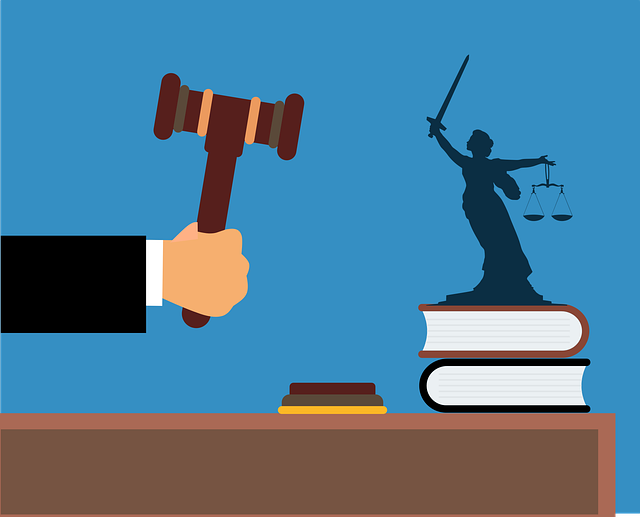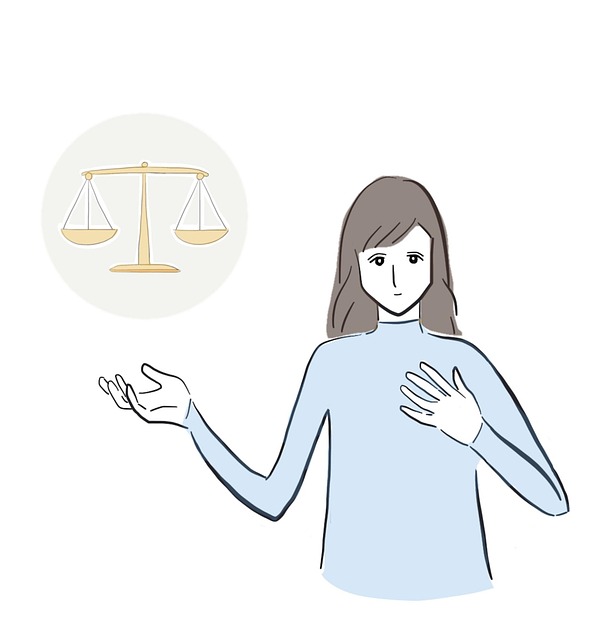Motorcycle lane splitting, while a popular practice among riders for smoother journeys, poses significant risks, notably head trauma and concussions due to rising accidents. Balancing enthusiasm with safety is crucial. In case of injury, consulting a lawyer specializing in motorcycle lane splitting cases can ensure adequate compensation for victims. Preventative measures like helmet use, alertness, vehicle maintenance, and defensive riding are vital. Combining personal precautions with legal counsel provides comprehensive protection against the dangers of motorcycle lane splitting accidents.
Motorcycle lane splitting, a practice where riders navigate between lanes or even on the shoulder, is a contentious issue within motorcycling communities. This aggressive technique, often employed to bypass traffic congestion, carries significant risks, particularly concerning head trauma and concussions. With increasing motorcycle lane-splitting accidents, understanding its prevalence and mitigating potential dangers are more crucial than ever for both riders and authorities.
- Understanding Lane Splitting and Its Prevalence in Motorcycle Culture
- The Impact of Accidents: Concussions and Head Trauma Risks
- Mitigating Risks: Safety Measures and Best Practices for Motorcyclists
Understanding Lane Splitting and Its Prevalence in Motorcycle Culture

Motorcycle lane splitting, a practice where riders navigate between lanes of traffic at low speeds, is deeply ingrained in motorcycle culture as a way to bypass stop-and-go traffic and enhance ride enjoyment. Often referred to as “filter” or “in-between lanes,” this technique has garnered both admiration for its skill and concern due to potential safety risks, including serious head trauma. Prevalence of lane splitting can be seen across various regions, with some countries embracing it as a legal practice while others consider it dangerous and illegal.
Despite the cultural significance, motorcycle lane splitting accidents are on the rise, highlighting the inherent dangers associated with this maneuver. These accidents often result in severe injuries, particularly concussions and other head trauma, given the exposed nature of motorcyclists. As such, understanding the risks is crucial, prompting riders to weigh their enthusiasm for the practice against potential consequences. An accident attorney specializing in motorcycle lane splitting cases can offer guidance and representation for those injured in such incidents, ensuring they receive just compensation.
The Impact of Accidents: Concussions and Head Trauma Risks

Motorcycle lane splitting accidents can have devastating consequences, particularly when it comes to injuries sustained by riders. One of the most severe and common outcomes is head trauma, including concussions. These accidents often result in rapid and violent impacts, causing the rider’s head to collide with other vehicles, road surfaces, or objects. The force of such collisions can lead to significant brain damage, which may not be immediately apparent.
Concussions are a particular concern due to their potential for long-term effects. In addition to immediate symptoms like dizziness and headaches, riders might experience cognitive issues, memory loss, and even personality changes over time. Given the high speed at which motorcycles travel, lane splitting accidents can lead to fiduciary duty breaches by other drivers, especially when they fail to yield or maintain safe distances. This underlines the importance of understanding the risks involved in motorcycle lane splitting and seeking legal advice from a qualified car accident lawyer if necessary, particularly when defective products or unsafe road conditions contribute to such incidents.
Mitigating Risks: Safety Measures and Best Practices for Motorcyclists

Motorcyclists involved in lane splitting accidents face significant risks, especially concerning head trauma and concussions. Mitigating these dangers requires a multi-faceted approach combining personal safety measures and responsible riding practices. First, motorcyclists should always wear approved helmets designed to absorb impact forces, significantly reducing the risk of severe head injuries. Additionally, staying alert and aware of surrounding traffic is vital; lane splitting requires precise judgment calls and can be unpredictable.
Second, understanding and adhering to local laws and regulations regarding lane splitting can help prevent accidents. Some jurisdictions explicitly permit it under specific conditions, while others strictly prohibit it. Knowledgeable riders also maintain their vehicles regularly, ensuring brakes and tires are in optimal condition. Moreover, practicing defensive riding techniques, such as maintaining a safe distance from other vehicles, can provide crucial reaction time in case of unexpected maneuvers. For those facing the aftermath of a lane splitting accident, consulting with an experienced car accident attorney is advisable; they can guide victims on pursuing injury compensation or resolving commercial disputes arising from such incidents.
Motorcycle lane splitting, while deeply ingrained in motorcycling culture, presents significant risks, notably concussions and head trauma. Understanding these dangers and implementing best practices are crucial steps towards safer riding. By prioritizing safety measures, such as wearing protective gear and adhering to local laws, motorcyclists can navigate roads with reduced risk during these high-intensity maneuvers. Remember that awareness and responsible behavior are key to minimizing the potential for severe injuries associated with motorcycle lane splitting accidents.






